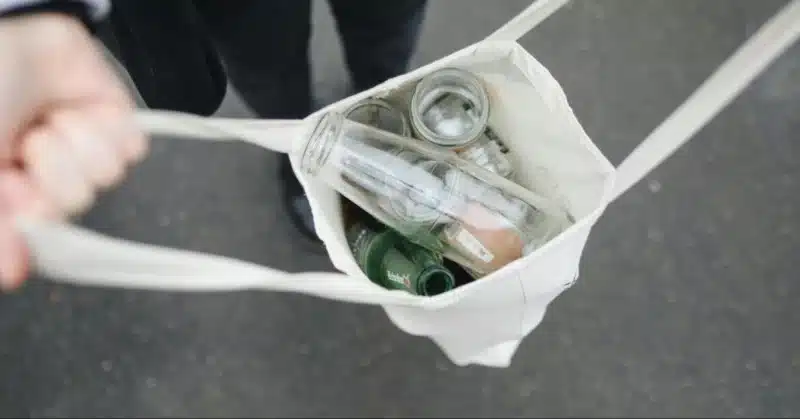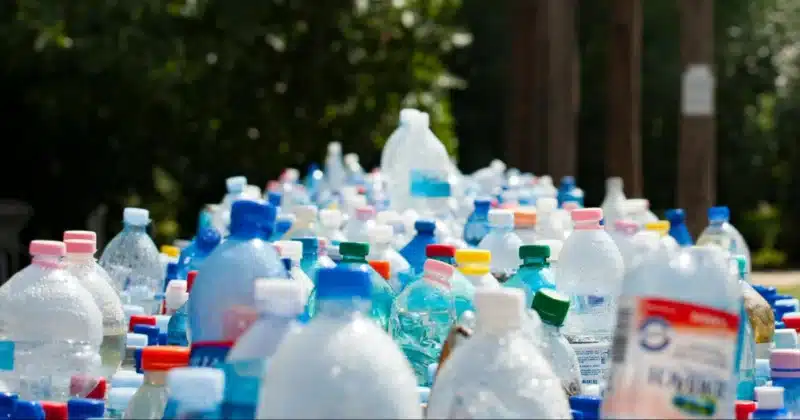You might already know recycling is important. But you may wonder how to do it right at home in the UAE. Or maybe you are unsure what we can recycle at home, or can’t. This guide will help you sort out all the details. By the end, you’ll feel confident and ready to recycle correctly.
Recycling isn’t just about following rules. It’s about caring for the place you live. The UAE has big plans to protect its environment, and your efforts make a real difference. Let’s get started.
- Why recycling matters
- How recycling works in the UAE
- What can be recycled at home?
- Simple steps to recycle at home
- Recycling centres and disposal options in the UAE
- Common recycling challenges
- Key takeaways
- FAQs
Why recycling matters

The UAE generates more waste per person than most countries. That means a lot of rubbish goes to landfills, which harms the environment.
By recycling, you help reduce landfill waste and save resources like water and energy. This supports the UAE’s sustainability goals, like Vision 2021 and Net Zero 2050. Recycling at home may seem insignificant, but it has a significant impact when many people participate.
How recycling works in the UAE
Recycling systems vary across emirates. Dubai Municipality, Abu Dhabi’s Tadweer, and Sharjah’s Bee’ah are the leading authorities managing local recycling programs. They provide recycling centres, bins, and drop-off points. Some emirates offer special pickups for electronic and hazardous waste.
It is essential to sort your waste correctly. You can be fined if you mix recyclables with regular rubbish. Check your local municipality’s website or app for updated recycling rules and locations.
What can be recycled at home?
Commonly accepted recyclable materials
Here’s a simple list of home items accepted for recycling in the UAE:
| Material type | Examples | What you need to do |
| Plastic | Bottles, containers, food trays | Rinse well and check recycling symbols |
| Glass | Jars, bottles | Wrap broken glass safely, and check local rules |
| Paper & Cardboard | Newspapers, cartons, food bags | Flatten boxes and keep them dry |
| Metal | Aluminium cans, tins, foil | Rinse containers |
| Organic Waste | Kitchen scraps | Separate for composting or collection |
Some important tips:
- Not all plastics are recyclable. Some films and wrappers may not be accepted.
- Broken glass disposal can vary. Some emirates prefer you wrap it and place it in the general waste.
- Check your local rules if unsure.
Items not suitable for regular recycling
Certain items should never go in your recycling bin because they cause contamination or require special disposal:
- Electronic waste, like batteries and gadgets
- Hazardous waste, such as paints and cleaning chemicals
- Tissues, single-use cutlery, and food-soiled packaging
These require special disposal methods. Contact your local municipality to find safe drop-off points for these items.
Simple steps to recycle at home
Starting your home recycling system is easier than you think:
- Get two bins. One will be for recyclables, and the other will be for food or organic waste.
- Clean and dry all recyclables before placing them in the bin.
- Sort plastics, metals, paper, and glass separately if you can.
- Flatten cardboard boxes to save space.
- Tie bags securely to prevent spills.
- Take recyclables to official drop-off centres or bins.
- For special waste, please contact your municipality for pickup arrangements.
Recycling centres and disposal options in the UAE

The UAE has many recycling centres and bins. Here are some places to look for:
- Dubai: Look for Smart Sustainability Oases and green recycling bins in public places.
- Sharjah: There are recycling bins all over the city.
- Abu Dhabi: Find Tadweer drop-off centres and e-waste collection points.
- Ras Al Khaimah: Many community centres offer recycling and composting services.
Check your local municipality’s website or app to find the closest drop-off point. Some private companies, such as laundry services, offer recycling collection.
Common recycling challenges
Here are the most common challenges you’ll face when you start recycling:
1. Not knowing what can or can’t be recycled
Challenge: Packaging might lack clear labels, and rules vary between emirates. This leads to non-recyclable items ending up in the recycling bin, contaminating the entire batch.
Solution: Use your municipality’s website or app to get the information you need. It also helps to print or save a quick-reference list and stick it near your home bin. Teach your household a simple rule – when in doubt, leave it out.
2. Limited access to recycling bins or centres
Challenge: Not all residential areas have nearby recycling points. This often leads people to skip recycling altogether.
Solution: Check for scheduled drop-off days, approved pickup services, or mobile recycling units. Consider organising a drop-off day with your neighbours to share the task. You should also discuss with your building management the possibility of adding or improving recycling options.
3. Sorting mistakes
Challenge: Recyclable items are frequently placed in regular rubbish bins. They end up in landfills instead of being processed.
Solution: Set up two or more bins in your kitchen. You can use baskets or boxes you already have for this. Use labels or different colours to keep things clear. Everyone in your household should understand the importance of proper sorting. This may seem small, but it’s one of the essential things to truly understand what we can recycle at home and how to do it correctly.
4. Electronic waste disposal confusion
Challenge: Many people are unsure how to dispose of old gadgets, cables, and batteries. These items are typically thrown in the regular bin, which is hazardous.
Solution: Check with your local authorities about e-waste drop-off or pickup.
5. Improper cleaning of recyclables
Challenge: Items are often tossed in the recycling bin without being rinsed or dried. These dirty items can spoil an entire bag of recyclables, making it unusable.
Solution: Quickly rinse bottles, rubs, cans, and trays before recycling. Let the items dry before tossing them in the bin. Teach your household, including kids, about ‘rinse and recycle’.
Key takeaways
Recycling at home in the UAE is easy once you know the basics. You can recycle clean plastic, paper, cardboard, metal cans, and glass jars. Put food scraps in a separate bin. Don’t put batteries, electronics, or dirty items in your recycling. These need special disposal. Since rules can vary by emirate, please check your local municipality’s website to confirm.
Use two bins at home to keep things simple, one for recyclables and one for food waste. If you’re unsure about what to do, your city’s website or app can provide guidance. Most areas have drop-off points or collection services. Recycling helps protect the environment and supports the UAE’s green goals. Every small action adds up.
FAQs
You can recycle clean and dry plastic containers, paper, cardboard, metal cans, glass jars and organic kitchen waste.
You should take electronics, batteries, and chemicals to special drop-off points or contact your municipality for safe disposal.
Yes, some emirates may issue fines if you mix recyclables with regular rubbish or fail to follow the sorting instructions.
Check your municipality’s website or app for nearby recycling centres, bins, and collection points.
Set up two bins, rinse and sort items properly, and teach your household to follow local recycling guidelines.